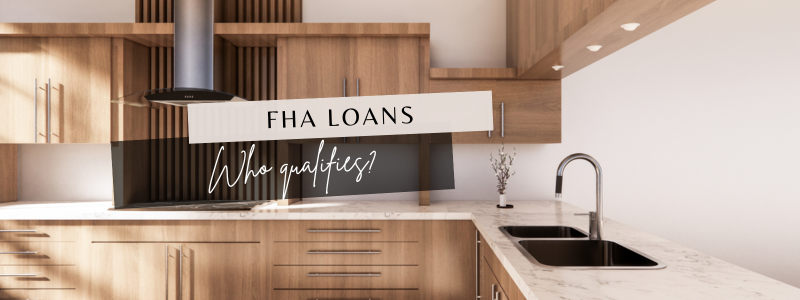When it comes to home ownership, one of the greatest hurdles can be financing. Federal Housing Administration (FHA) loans present a viable solution, especially for first-time homebuyers and those with less-than-perfect credit. FHA loans, backed by the government, offer more flexible eligibility requirements than conventional loans, facilitating homeownership for a wider demographic. But the question arises – who exactly qualifies for an FHA loan?
First, it’s important to understand that FHA loans are designed to stimulate homeownership and make it accessible to individuals who might not qualify for traditional loans. These loans are attractive for several reasons: they require a lower down payment (typically 3.5% if your credit score is 580 or higher), accept lower credit scores, and are more lenient regarding employment history and income requirements.
Now, onto the primary question at hand – eligibility. It’s worth noting that while the FHA sets certain standards, individual lenders might impose stricter criteria. That said, there are five key criteria to qualify for an FHA loan:
Credit Score: While conventional loans often require a credit score of 620 or higher, FHA loans can be obtained with a minimum score of 500. However, a score between 500 and 579 necessitates a higher down payment of 10%, whereas a score of 580 or higher allows for the minimum down payment of 3.5%.
Employment History: FHA loans typically require a stable employment history for the last two years, verified by pay stubs, tax returns, and statements from your employer. This is to ensure you have a steady income stream to repay the loan.
Debt-to-Income Ratio (DTI): The FHA generally prefers a debt- to-income ratio under 43%. This means your monthly debts (including your future mortgage payment) should not exceed 43% of your gross monthly income. However, exceptions may be made with compensating factors, such as a larger down payment or substantial cash reserves.
Property Requirements: The property to be purchased must be your primary residence and meet certain safety, security, and soundness (structural integrity) standards. An FHA-approved appraiser must inspect the home and approve it for FHA insurance.
Loan Limits: There are loan limits set by the FHA which vary by location and the number of units in the property. In most areas, the limit for a single-family home is $356,362 for 2023, though it can go as high as $822,375 in high-cost areas.
While these are the main criteria, there are others to be aware of. For instance, you must have a valid Social Security number, be a lawful U.S. resident, and be of legal age to sign a mortgage in your state. You also need to have at least two lines of credit (like a student loan and a credit card) to qualify.
Importantly, even if you’ve experienced bankruptcy or foreclosure, you can still potentially qualify for an FHA loan. Bankruptcy must be at least two years old and followed by responsible credit use, and for foreclosures, three years must have passed.
In conclusion, FHA loans, with their flexible requirements, can make homeownership a reality for many people who would otherwise struggle to meet the requirements of conventional loans. This makes it an invaluable tool in helping to promote more inclusive access to home ownership. As with any major financial decision, it’s always best to consult with a mortgage or financial advisor to understand fully your options and what’s best for your situation.

 Facebook
Facebook
 X
X
 Pinterest
Pinterest
 Copy Link
Copy Link